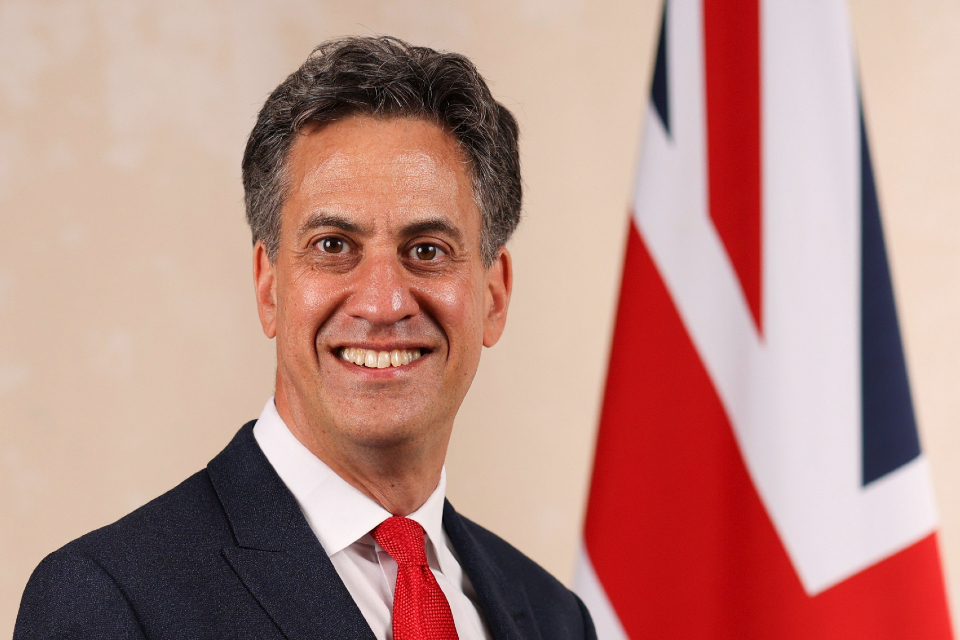It normally takes much more than just a year in power for a prime minister to face a full rebellion involving more than 100 MPs.
While Sir Keir Starmer has had a very bumpy time at the start of his premiership, despite winning a massive majority, this is the first time he has been staring down the barrel of a defeat in a crucial vote in the Commons.
But if all 108 Labour MPs – including 12 chairs of select committees – stick to their guns next week and vote for the reasoned amendment, then the government will lose the second reading vote on its welfare reform bill.
It is worth noting that the 108 figure does not include any ministers who may still resign over the issue and vote against the government.

Defeat on such an important policy would potentially be a confidence issue for a government that could bring it down, and there are several factors at play here.
As one senior backbencher put it: “The sharks are circling”.
There are those who want the government to turn in a much more leftward direction, and instead of cuts, go for welfare taxes.
There are others who have leadership ambitions.
There are yet more who want Starmer out.
And there are many who simply do not think being a Labour MP involves signing up for slashing benefits to the vulnerable and disabled.
Whichever way it is, if this goes spectacularly wrong, it may be difficult for the prime minister to survive, and even if he does, he will be significantly weakened.
His attendance at the Nato summit in the Hague today, where he has committed the UK to spending 5 per cent of Gross Domestic Product (GDP) on defence and national security within a decade, underlines that he needs to bring the welfare budget under control to save money for other things.

In the short term, he and his chancellor, Rachel Reeves, need the £5bn savings a year to balance the books and avoid borrowing even more.
Unlike the winter fuel payments, which he has already U-turned on at a cost of about £1.25bn a year, the benefits cuts are a vital part of his financial and social reforms. It is untenable for it to be blocked.
When Sir Keir is facing domestic political problems, there is one thing he is almost guaranteed to do – deploy Chancellor of the Duchy of Lancaster Pat McFadden to face the inevitable heavy questioning of the morning broadcast round.
Mr McFadden is the ultimate safe pair of hands, whose superpower is to drain the life out of almost any story, usually with meticulously detailed explanations.
So it was no surprise that Mr McFadden was deployed this morning to try to take the heat out of the political crisis as Sir Keir prepares to fly to the Hague.
Clearly, he was a better choice than the deeply unpopular Work and Pensions Secretary Liz Kendall, who was described by one MP as “the cabinet’s grim reaper” and has failed to persuade colleagues on the need to reform welfare.
But McFadden, in many ways, is the wrong person for the job. Like Ms Kendall, he is on the Blairite right of the party, someone known to want to slash welfare and disliked by those who are now preparing an attack on the Starmer project.
And in the end, this comes down to who is actually in charge. Too many people think the real Zvengali in this situation is Chief of Staff Morgan McSweeney, who is being blamed for the welfare cuts agenda.
The problem for Starmer and McSweeney is that the terrible polling and rise of Nigel Farage’s Reform UK are not helping their cause much.
If things go really badly next May, after another round of elections, talk of stopping welfare cuts could easily turn into talk of changing leaders. That may force Sir Keir to compromise early before battlelines are properly drawn when the welfare bill has its second reading on Tuesday next week.



